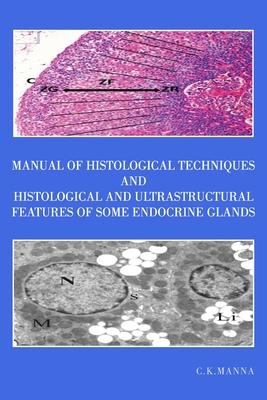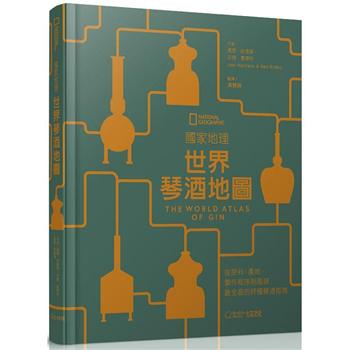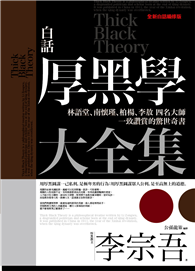Histology, branch of biology concerned with the structure of plant and animal tissues in relation to their specialized functions. This term came into usage in the 1700s by the scientist Marie François Xavier Bichat who is considered to be the father of modern histology and descriptive anatomy. Histologists mainly examine the tissue that have been removed from the living body, cut into very thin transparent slices (using a special cutting instrument, the microtome and may then be stained with various dyes, and specifically with the H & E stain, to increase the contrast so that the cells can be more easily resolved using an optical microscope. Ultra structure (or ultra-structure) is the architecture of cells and biomaterials that is visible at higher magnifications than found on a optical light microscope. In 1931, German engineers, Max Knoll and Ernst Ruska invented the first electron microscope. This traditionally meant the resolution and magnification range of a conventional transmission electron microscope (TEM) when viewing biological specimens such as cells, tissue, or organs. The Science of Endocrinology deals with the study of Endocrine glands. The Author of this Book has tried to assemble the histological and ultrastructural details of the major endocrine glands with the contribution of Scientists related with these topics. Hope this will be a immense help to the Researchers in recognizing the structural details with the particular functions of the tissues.
| FindBook |
有 1 項符合
Manual of Histological Techniques and Histological and Ultrastructural Features of Some Endocrine Glands的圖書 |
 |
Manual of Histological Techniques and Histological and Ultrastructural Features of Some Endocrine Glands 作者:Manna 出版社:New Generation Publishing 出版日期:2024-03-19 語言:英文 規格:平裝 / 272頁 / 22.86 x 15.24 x 1.88 cm / 普通級/ 初版 |
| 圖書館借閱 |
| 國家圖書館 | 全國圖書書目資訊網 | 國立公共資訊圖書館 | 電子書服務平台 | MetaCat 跨館整合查詢 |
| 臺北市立圖書館 | 新北市立圖書館 | 基隆市公共圖書館 | 桃園市立圖書館 | 新竹縣公共圖書館 |
| 苗栗縣立圖書館 | 臺中市立圖書館 | 彰化縣公共圖書館 | 南投縣文化局 | 雲林縣公共圖書館 |
| 嘉義縣圖書館 | 臺南市立圖書館 | 高雄市立圖書館 | 屏東縣公共圖書館 | 宜蘭縣公共圖書館 |
| 花蓮縣文化局 | 臺東縣文化處 |
|
|
圖書介紹 - 資料來源:博客來 評分:
圖書名稱:Manual of Histological Techniques and Histological and Ultrastructural Features of Some Endocrine Glands
|











